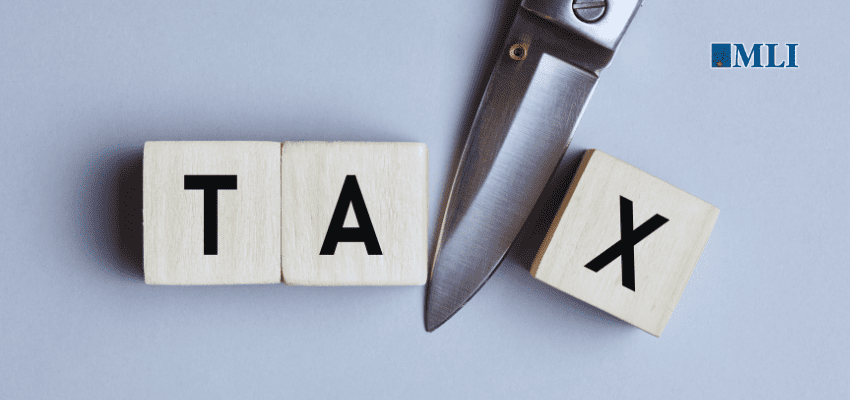This article originally appeared in the Globe and Mail.
By Tim Sargent and Fen Hampson, October 17, 2024
Inflation may have receded, but Canadians continue to be worried about their ability to make ends meet. And with good reason: For the past two years, living standards have stagnated and, with unemployment starting to edge up, it does not seem as if things will get better any time soon.
It is no wonder then that those party leaders who are soon to face the electorate are proposing tax cuts aimed at the broad middle class. Both BC NDP Leader David Eby and BC Conservative Leader John Rustad have recently promised to cut income taxes if elected, and Saskatchewan Party Leader Scott Moe has promised the largest personal income-tax cut in the province since 2008 if re-elected. Alberta’s Danielle Smith got there first: Last year, she and her United Conservative Party were re-elected on a platform that also included broad-based personal income-tax cuts.
With a federal election due within the next 12 months, parties on both sides of the aisle may well be thinking about whether they too should be putting tax-cut proposals in front of the electorate. After all, the Liberal Party won a majority in the 2015 election on a platform that featured middle-class tax cuts, which they enacted in their first budget in 2016.
But doesn’t a dollar of tax cuts mean that the government has to find that dollar elsewhere – either through raising taxes on someone else, which is what the Liberal government did in 2016; increasing the debt, which raises taxes in the future; or cutting spending?
Not necessarily. That’s because lowering taxes gives people an incentive to work more and save more, which means they earn more income, resulting in more money for the government’s coffers. Indeed, as U.S. economist Arthur Laffer pointed out 50 years ago, if tax rates are really high, a dollar of tax cuts can more than pay for itself.
And it is worth noting that even middle- and lower-income people can be quite highly taxed in Canada, especially when you look at marginal tax rates – how much the government takes when you earn another dollar. This is particularly true when benefit clawbacks for programs such as the GST credit and the Child Tax Benefit are considered.
So which is it? Do people largely ignore taxes when they make economic decisions, so that a dollar of tax cuts costs a dollar? Or are taxes so high that a dollar of tax cuts is a free lunch or better?
To answer this question, the Parliamentary Budget Officer went back to see what the impact of the Liberals’ 2016 middle-class tax cut had actually been on tax revenues. What they found in their 2019 report was that for every dollar the government cut taxes for people in the middle income bracket, they got 47 cents back from more wage and investment income. As a result, to quote the PBO, “we calculate that approximately half of this [fiscal] cost was offset by their behavioural response.”
In other words, a dollar of tax cuts (or at least the kind enacted in 2016) costs about 50 cents: not a free lunch, but maybe a cheaper lunch than people might think.
What does this mean for federal political parties thinking about the next election? The bad news is that money would still have to be found for tax cuts. With tax levels on the well off quite high compared with the United States, and the federal government expected to run a deficit of $39.8-billion in 2024-25 and spend one-tenth of every tax dollar on debt service, spending cuts are probably the most logical place to look for that money.
The good news is that, if the PBO’s analysis is right, those spending cuts would only need to be half as big as in a world where Canadians didn’t work harder or save more in response to lower taxes.
This makes tax cuts financed by spending cuts a more attractive prospect: While voters might not be particularly tempted by a dollar of tax cuts if it means a one-for-one dollar of cuts in transfer payments or popular government programs, they might well be tempted by a proposal that puts a dollar in their pockets at the price of only a 50-cent cut in transfers or programs.
And with a federal government that will spend $534-billion in 2024-25, compared with only $335-billion in 2015-16 (in today’s dollars), the argument that no room can be found for tax cuts may not prove very compelling.
Tim Sargent is a senior fellow at the Macdonald-Laurier Institute and distinguished fellow at the Centre for International Governance Innovation.
Fen Osler Hampson is the Chancellor’s Professor and professor of international affairs at Carleton University.







